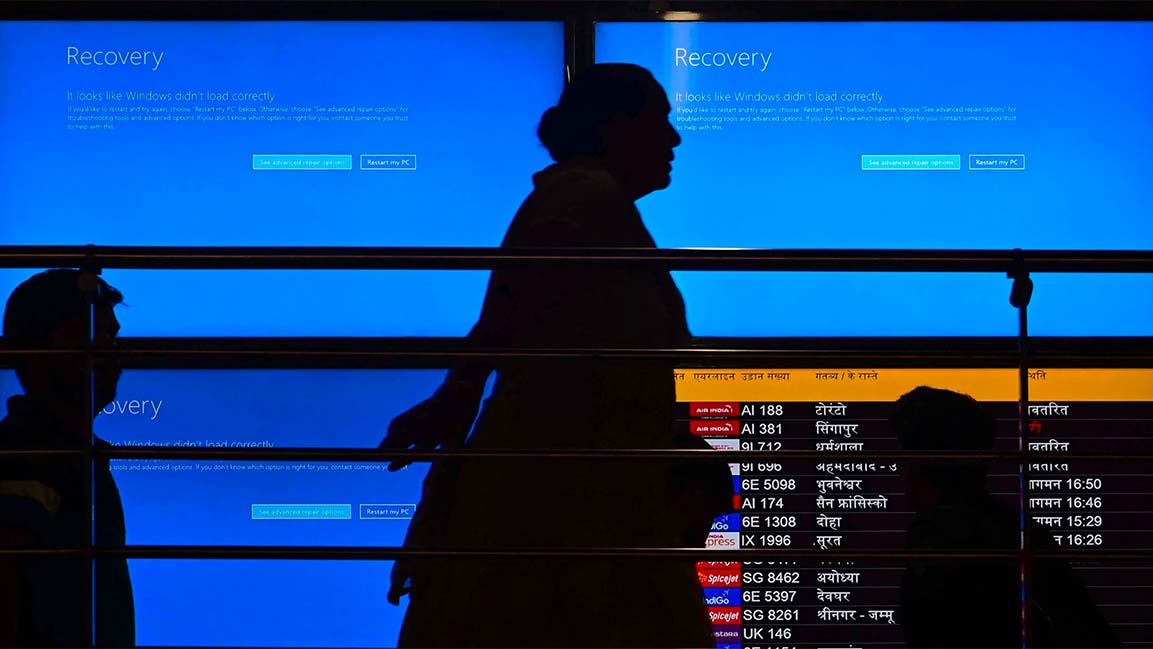- | 9:00 am
Innovative tech that can shield the UAE from the growing threat of drone attacks

On any day, UAE residents see drones that are either on the way to shoot videos. But what if these remotely operated UAVs fall into the wrong hands, or an autonomous drone is hijacked by terrorists and crashes into public space? So far, residents have had little reason for asking these terrifying questions.
But in January, combat drones broke out of warzones to hit Abu Dhabi airport and claimed three lives. For months before this attack, Saudi Arabia had been plagued by missile attacks and drones from Yemen.
Now, rogue Houthi drones gliding towards Abu Dhabi’s airport forced the UAE to review its drone laws. Authorities have now banned all recreational drones from Emirati skies and added a fine of AED 100,000($27,000) for violations.
So far, for Dubai and Abu Dhabi residents, drones mean safety, service and surveillance. But UAVs have been used in combat since the 90s and were decisive in conflicts. Reports of autonomous drones hitting human targets in Libya spooked experts over the risk of AI warfare. It highlights the scary possibility of machines going rogue in the battleground.
Incidents of oil tankers in the Persian Gulf being attacked with drones have increased. Rogue drones from Yemen hit cities in Saudi Arabia and Aramco’s oil facilities. In recent times, terrorists have increased the use of UAVs against US army bases in Iraq. ISIS has also modified commercial drones to carry explosives for attacks.
Apart from drones designed to launch missiles against specific targets, Israel’s kamikaze UAVs were game-changers in Azerbaijan. These devices are programmed to detect heat signals and crash into targets while evading detection.
The lightweight drones are smaller, so fighter jets aren’t effective against them. Similar aerial vehicles are also used as a defense against hostile drone swarms. This highlights an urgent need for the UAE to strengthen defense systems against drones to protect populated areas.
Last year, Israel’s iron dome defense system intercepted and destroyed hostile UAVs for the first time. This mechanism uses a radar and a computer to calculate risks before destroying drones with missiles. Morocco also bought the Israeli Skylock Dome, which uses radar and signal jammers to tackle drones.
The UAE is considering Israeli drone interception systems to thwart further attacks. But there are other innovative defense solutions too. Although countries like Turkey and Israel have the most advanced drone tech, UAE is also catching up with home-grown UAVs.
CROSS-BORDER COLLABORATIONS TO SECURE THE REGION
Following the lead of the iron dome, regional powers have realized the importance of cooperation to search and neutralize drones. The UAE’s defense firm EDGE and Israel’s IAI combine their existing technology to create an anti-drone safety net. It’ll use radar and radio frequencies to detect UAVs before jamming links with operators or hacking them to take control.
Lasers, electromagnetic devices, and missiles will also be part of the system to destroy drones. Like UAVs, the defense mechanism is autonomous and will only act after gauging the threat level.
TURNING PREDATOR DRONES INTO THE HUNTED
Aviation tech displayed at the Dubai Air show included drones and defense products, unveiled at the right time for the region. The SkyDome from a US-based firm Fortem showed how drones could be detected and towed away. Its UAVs confront the hostile devices and throw nets at them. Smaller drones are captured, while drogue nets disable larger ones and make them land with parachutes.
The company’s TruView radar supports DroneHunters by accurately identifying drones’ size and suspicious activity.
PARALYZING UAVs IN MID-AIR
US forces are already facing drone attacks in parts of the Middle East like Iraq and have deployed anti-drone tools in the UAE. The Dronebusters supplied to the US military by Flex Force are also viable for Emirati authorities to safeguard people. These are portable gun-like devices that can disrupt the control frequency of UAVs. They can also seize the drone’s control link and force it to return to the operator.
The UAE is emerging as a destination for professionals, entrepreneurs, and tourists in the post-Covid world. It became a safe space during the pandemic by using digital tools to protect people.
Attacks on Saudi Arabia and UAE highlight how conflicts can spill over into other parts of the region. Innovative defense tech needs to be deployed to make residents and visitors feel safe in this situation.








































